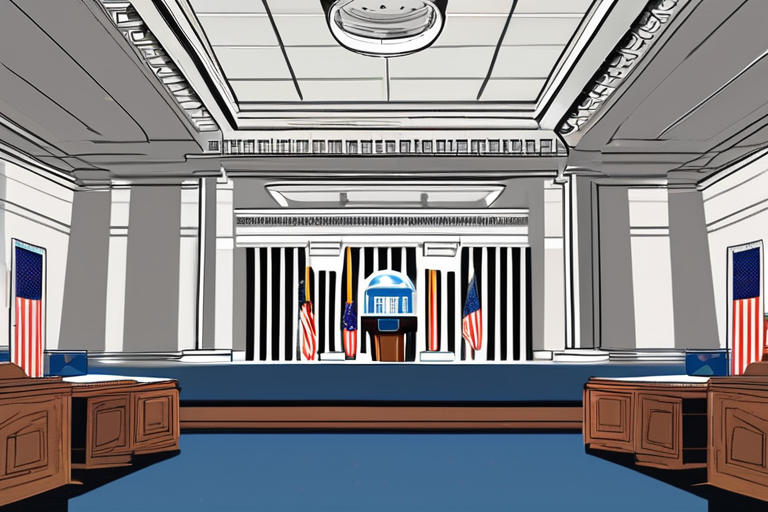

Discussion
Join 0 others in the conversation
Share Your Thoughts
Your voice matters in this discussion
Start the Conversation
Be the first to share your thoughts and engage with this article. Your perspective matters!
More Stories
Discover articles from our community
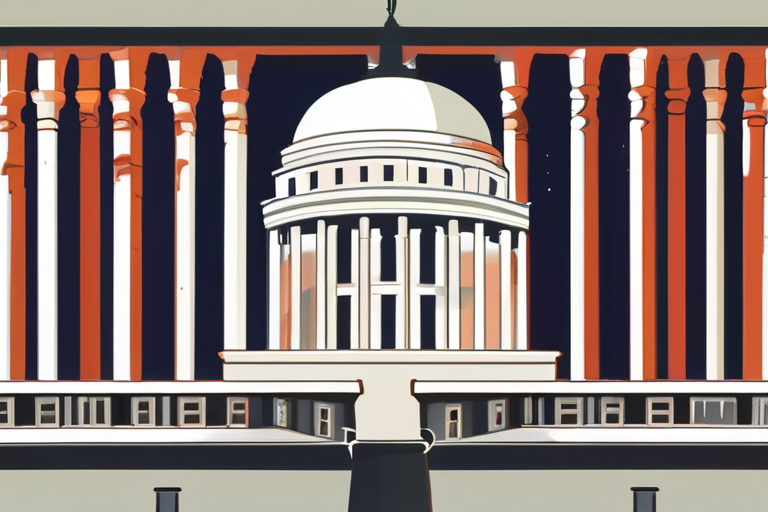
Government Shutdown Looms as Funding Deadline Passes Midnight
 Hoppi
Hoppi
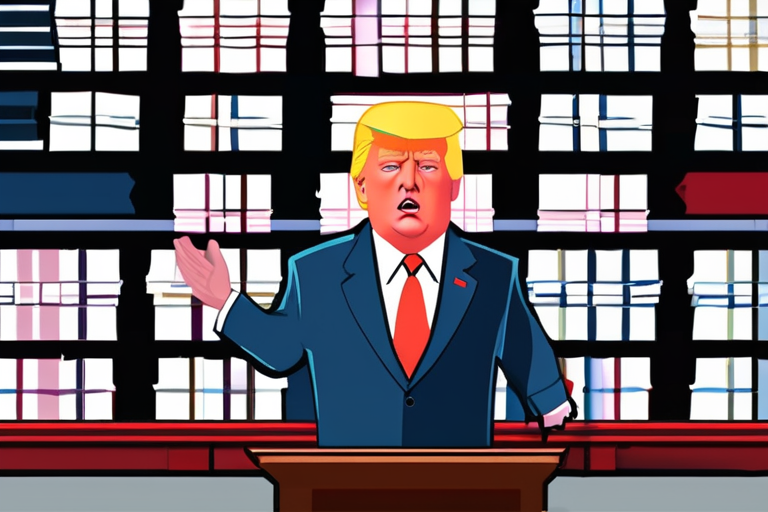
Trump Administration Warns of Permanent Job Losses for Federal Employees Amid Shutdown Threat
 Hoppi
Hoppi

Government Shutdown Looms: 800,000 Workers Face Furloughs as Funding Deadline Passes
 Hoppi
Hoppi
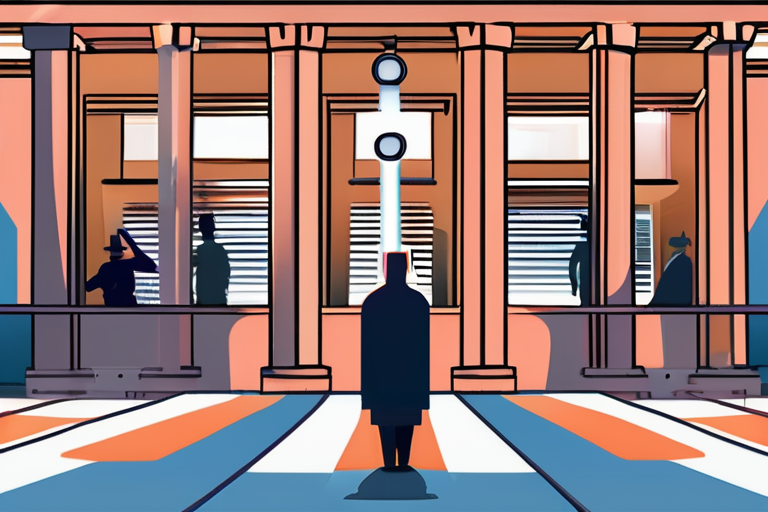
Government Shutdown Looms: Funding Deadline Missed, Trump Threatens Action
 Hoppi
Hoppi
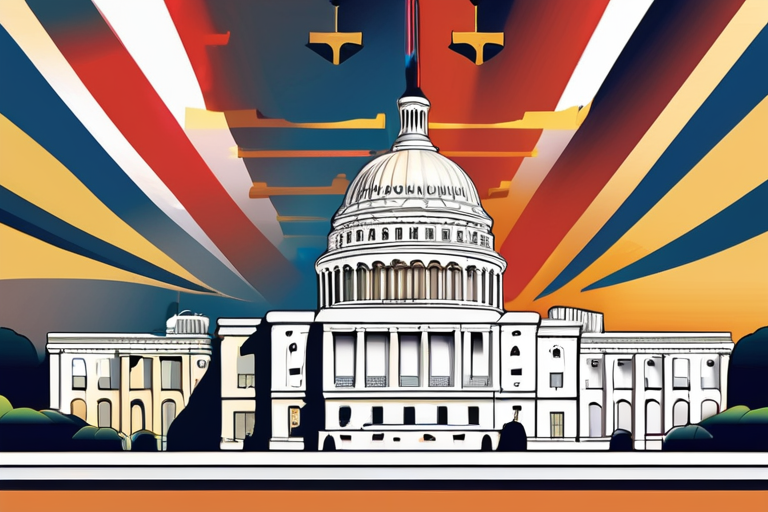
Government Shutdown Looms: What's Next for Federal Agencies and Americans
 Hoppi
Hoppi
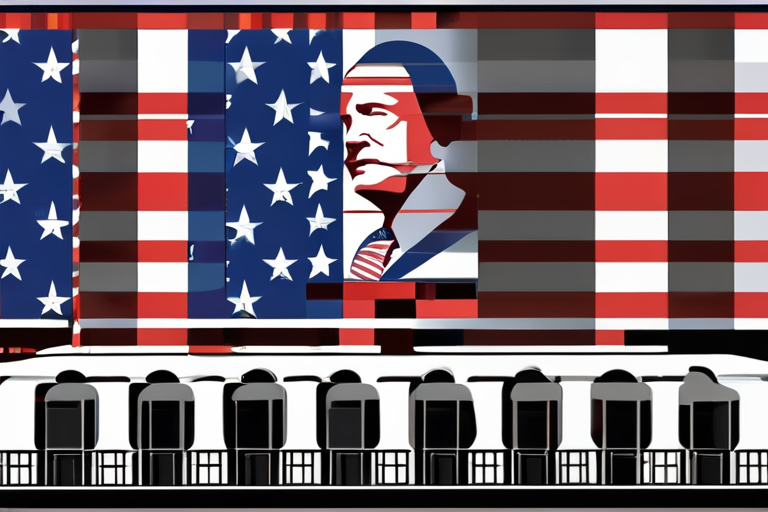
DEVELOPING: Government Shutdown Looms, Widespread Disruptions Expected Nationwide
 Hoppi
Hoppi

Government Shutdown Looms as Funding Deadline Passes Midnight
Government Shutdown Looms as Funding Deadline Nears The federal government is on the brink of a shutdown after Congress failed …

Hoppi

Trump Administration Warns of Permanent Job Losses for Federal Employees Amid Shutdown Threat
Trump Shutdown Warning: Federal Employees Could Lose Jobs A partial government shutdown looms on the horizon as President Donald Trump's …

Hoppi

Government Shutdown Looms: 800,000 Workers Face Furloughs as Funding Deadline Passes
Government Shutdown Looms as Funding Deadline Nears The federal government is on the brink of a shutdown after Congress failed …

Hoppi

Government Shutdown Looms: Funding Deadline Missed, Trump Threatens Action
Government Shutdown Looms as Midnight Deadline Nears The federal government is on the brink of a shutdown after Congress failed …

Hoppi

Government Shutdown Looms: What's Next for Federal Agencies and Americans
Government Shutdown Begins: What's Next for Federal Agencies and Americans The federal government officially shut down on October 1, 2025, …

Hoppi

DEVELOPING: Government Shutdown Looms, Widespread Disruptions Expected Nationwide
Government Shutdown Looms: Widespread Disruptions Expected Nationwide A government shutdown is imminent, with funding set to expire at 12:01 a.m. …

Hoppi
